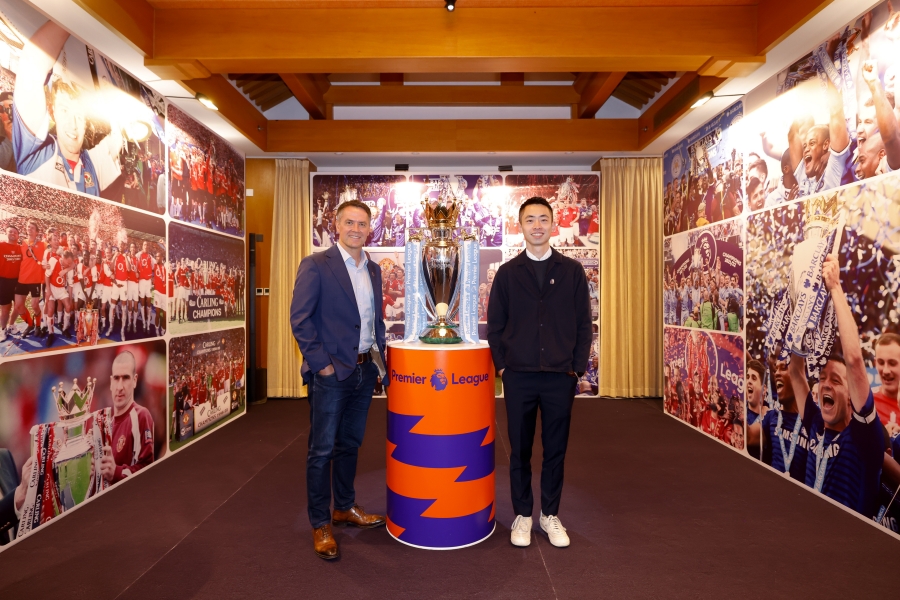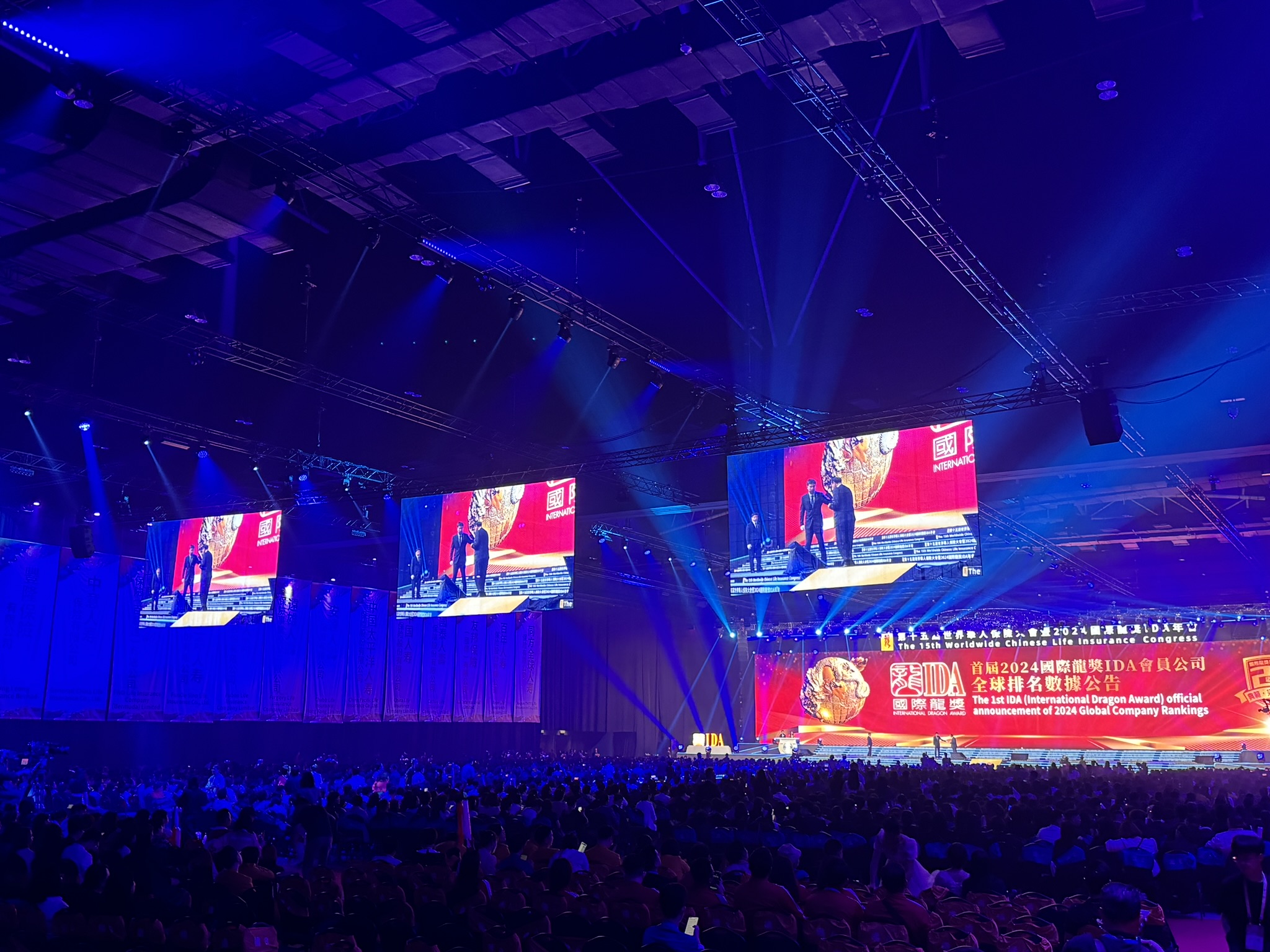Your event is organised. You’ve booked the speakers, the entertainment is sorted, the VIPs and dignitaries have confirmed and delegate registrations are rolling in. It’s all good. You can relax until the main event.
But have you read the fine print of the speaker’s or artist’s contracts and the riders attached to them?
Securing keynote speakers and entertainers of some renown carries with it an obligation to oblige and in many cases, indulge the egos of your chosen celebrities. Their demands can be seemingly outrageous and out of the ordinary.
But to ensure the keynote speaker, visiting dignitary or entertainer attracts the right crowd to your event, there is no way to avoid pandering to their needs, no matter how preposterous they might sometimes seem to be.
Entertainers, politicians, religious leaders, speakers and dignitaries all have varying and specific needs when working the speaker circuit or performing at an event. Apart from the obvious audiovisual needs required to deliver their presentation or act, they usually come with a list of requirements that can include requests such as a lapel microphone, a burgundy chintz draped, purpose-built dressing room, and lightly carbonated mineral water strained through the virgin sands of an uninhabited Pacific island.
Compliance for other dignitaries, however, requires a more focused and systematic set of practices. Once politicians leave office, for whatever reason, a natural career progression seems to be to the international speaker circuit. Bill Clinton commands appearance fees of US$500,000 for a 45-minute address, which provides him with an income greater than he earned during his presidency.
Major politicians of Clinton’s standing require specific considerations. Although no longer in office, he still retains the title “Mr President”, which automatically gets him a bed in the presidential suite wherever he stays. But security arrangements during a visit remain a high priority. For the rest of his life, he and other former US presidents are under the constant guard of the US Secret Service which maintains extensive requirements for the safety and security of their charge.
Security clearances, limited public access, body guards and media protection are all controlled by the Secret Service. Having moved status from active politician to statesman, protocol is relaxed although the expectation that Clinton be treated with respect and reverence still remains.
Of course, one doesn’t deal with the likes of Bill Clinton or Tony Blair, one talks to their departmental staff. When negotiations are underway for their appearance, a delegation of minders speaks on their behalf.
Politicians’ minders are acutely aware of protocol and will advise on the correct processes to secure the presence of their boss. Throughout the world, each country has a government department specifically dedicated to the observance of protocol, which applies to incumbent and former presidents, royalty (if applicable) and ambassadorial staff. The expectation is that the event organiser will acquaint himself with correct protocol and observe the practices to the letter. Transgressions are not acceptable.
Correct protocol includes, salutations, correspondence, order of appearance on stage, the exchange of gifts, scheduling, security arrangements, introductions, credits and dress. Further observations may include specific practices unique to their cultural persuasion or ethnic background.

Back to school
Peter Brokenshire is general manager of the Kuala Lumpur Convention Centre. The convention centre plays host to many major events, large and small. Brokenshire has identified a need within his client base to increase knowledge of cultural and protocol etiquette and has developed a workshop that he offers free of charge to his confirmed clients.
The full-day course, run by professional trainers and designed for senior managers and professional conference organisers, provides an insight into the correct procedures to be observed when dealing with Malaysian royalty and dignitaries.
The workshop delivers meaningful information on the various cultures in Malaysia – Malay, Chinese, Indian and indigenous people. It covers topics such as the correct form of address, greetings and handshakes, card exchanges and an understanding of common Malaysian values and customs.
Malaysia has a complex monarchical structure and deference to tradition, and protocol is considered paramount. Many members of the Royal Family attend functions and events at the Kuala Lumpur Convention Centre and strict observance of the rules is required. The workshop also provides vital information so that faux pas do not occur.
In an intense session, clients learn about protocol and the different tiers of hierarchy – official, private and social. They also receive education on the levels of royalty and the different states, ranks, styling of rulers, heirs and consorts. Tips are provided on the use of the national anthem, presentation of bouquets, souvenirs and seating and table arrangements among others.
Brokenshire believes his course is one of a kind. “I don’t know of any other convention centre in the world which provides this type of training,” he says. “To execute a successful function and ensure the correct protocol is adhered to, our clients must have a good understanding of the process. The workshop provides all the necessary resources.”

Respect
Every five years, the Parliament of the World’s Religions assembles religious leaders from all denominations around the world to engage in dialogue in the hope of achieving world-changing initiatives that have a positive effect on humanity. The conference, which was last staged in Barcelona in 2004, had more than 8,000 delegates.
The importance of the Parliament attracts a complement of high-calibre speakers from the political and religious spheres, such as United Nations High Commissioner for Human Rights Mary Robinson, former South African president Nelson Mandela, His Holiness the Dalai Lama, the Archbishop of Canterbury. Various cardinals, rabbis, and imams have all delivered keynote addresses at the Parliament.
Preparations for the congress, which start immediately after the staging of the last Parliament, include significant resources being devoted to the observance of correct protocol and procedures, particularly as they relate to the status and hierarchy of religious and political leaders and indigenous peoples.
Careful attention is paid to the specific needs of all dignitaries – food preparation in accordance with the strict code of their religion, provision of prayer rooms and washing facilities for Muslims, access to churches, synagogues and mosques at appropriate times and observance of important religious dates and periods such as Easter, Ramadan or Rosh Hashanah.
The Parliament of the World’s Religions is a quintessentially multicultural event and, with the specific needs of VIPs and dignitaries being extended to delegates, it creates a significant logistical challenge for the event’s organisers.
Reverend Dirk Ficca, executive director of the Council for a Parliament of the World’s Religions, believes it is not always a case of simply supplying people with material solutions. While we pay great attention to making sure the physical and material things in life are provided, sometimes there are more important things to consider.
He explains: “Working with people from a wide spectrum of religious and spiritual traditions, magnified by their cultural and ethnic diversity, is quite humbling. It reminds me every day that I am not the centre of the universe, nor is my tradition or culture. I need to acknowledge that my blue suit and tie is ‘my traditional clothing’. If I’m going to be respectful and hospitable to people of other traditions and cultures, I need to make an effort to learn what’s customary for them. And generally, even if I don’t get it all 100 percent right, if I make the effort, it’s enough.”
Respect and acceptance is important but we still make sure the A/V system is working, the correct protocol is followed and the dressing-room curtains are the right shade of magenta. Just in case.

TOP TIPS
• Know your speakers. Ask questions to ascertain their specific needs. Take nothing for granted.
• Send a written document asking speakers (or their managers) to list their requirements. Make sure it’s returned completed.
• Know the content of all presentations, especially from comedians and satirists.
• When scheduling a conference, make sure its timing doesn’t clash with religious festivals or important dates.
• Allow adequate time for rehearsals and sound checks.
• Be aware and accommodate disabilities.
• Ensure you have their written and digital presentations in the correct format well before their address. Vet the content if necessary.
• Consult an expert. To ensure correct protocol is observed, talk to government officials.
• Never underestimate the egos of certain celebrities. They can be demanding, so just go along for the ride.
• Allocate sufficient budget to accommodate the costs of the add-ons that will need to be purchased.


